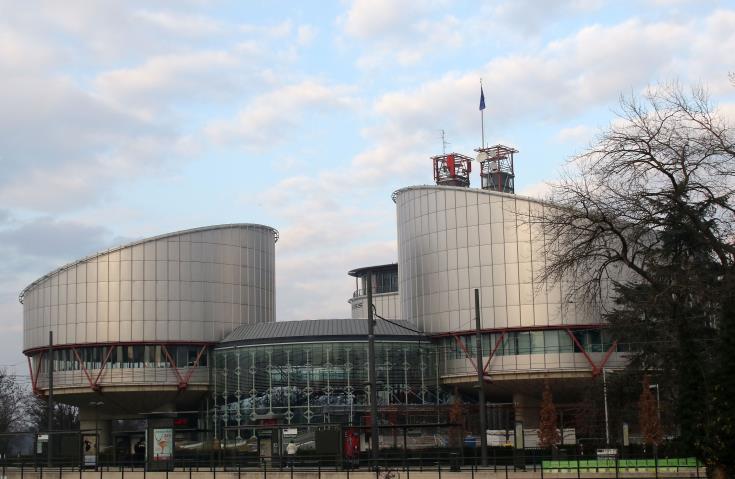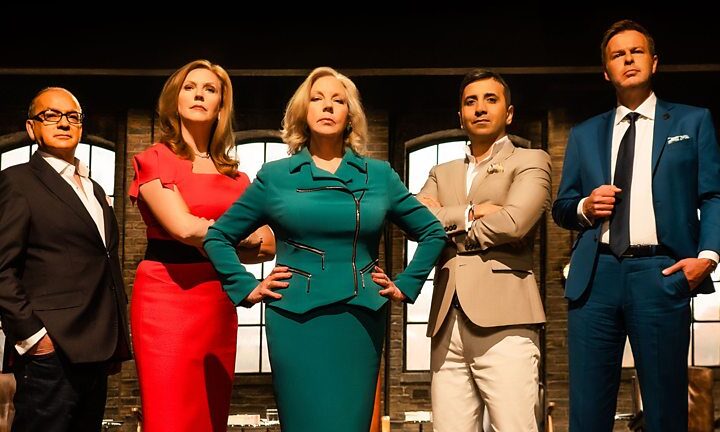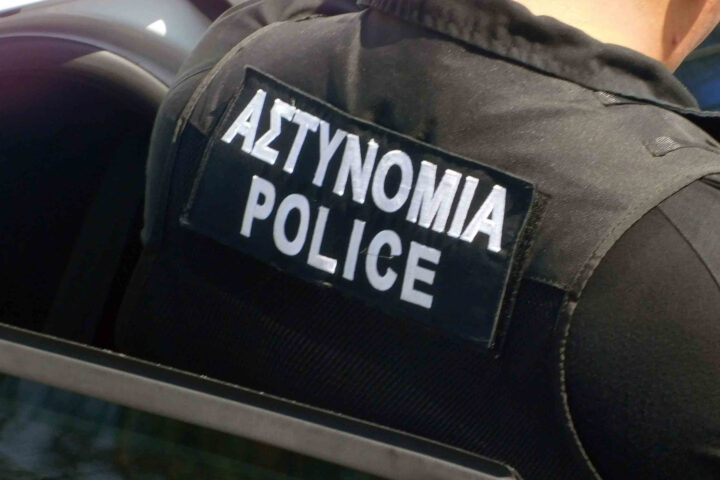Europe’s top rights court found no fault with Cyprus’ use of a conspirator-turned-informant to convict four people for the 2010 murder of media magnate Andis Hadjicostis.
Grigoris Xenofontos, Anastasis Krasopoulis and Elli Skordelli complained to the European Court of Human Rights that the testimony of the group’s getaway driver, Theophanis Hadjigeorgiou, was not used in accordance with fair trial standards.
Hadjicostis, a father of two, was shot twice with a shotgun as he arrived home in Engomi Nicosia on 11 January 2010.
Hadjicostis, 41, was shot in the chest and the back and died instantly.
The gunman, 30-year-old Xenofontos, fled after the murder but was tracked down to Moldova and arrested in June 2011, after Skordelli’s trial had begun.
Prosecutors claimed Skordelli, a former Sigma TV presenter, was fired by Hadjicostis and took out a hit on her former boss for revenge and to take over the DIAS media empire.
Police received an anonymous tip that Hadjigeorgiou had played a role in the murder.
He was arrested three days later and eventually confessed, telling the police that, together with her brother, Krasopoulis, 42, Skordelli, 37, had orchestrated the murder and hired Xenofontos to carry out the hit.
Another man who played a role in organising the murder, Andreas Grigoriou, was also convicted.
Hadjigeorgiou was given witness protection and immunity for agreeing to testify against the other four.
Life in prison
In 2013, all four were found guilty and sentenced to life in prison.
The siblings owned a 21% share in Sigma, one of the many media companies owned by Hadjicostis.
During their trial, prosecutors alleged they hoped to take control of the company after his death.
Skordelli, Krasopoulis and Xenofontos unsuccessfully attempted to appeal their convictions in Cypriot courts before filing a complaint with the Strasbourg-based ECHR.
Created in 1959 by the European Convention of Human Rights, the court protects the civil and political rights of Europeans.
According to the trio, Hadjigeorgiou only testified because of the offer of immunity, and there was no oversight mechanism for the attorney general, who negotiated the arrangement.
The seven-judge panel, however, found nothing wrong with the deal as the Cypriot courts had established there was no quid pro quo or favour in exchange for something.
Hadjigeorgiou had confessed to the police without the promise of immunity, the judges noted.
“The Convention does not prohibit a domestic court from relying on incriminating testimony given by an accomplice,” the ruling states.
The group also argued that the length of the proceedings, which lasted more than three years, violated their right to a fair trial.
Although the rights court acknowledged the trial duration was long, it said the case was extremely complex and required more time.
“Contract murders are generally hard to investigate, and as many as four co-defendants were on trial,” the judges wrote.
All three men are serving life sentences at Nicosia Central Prisons.










